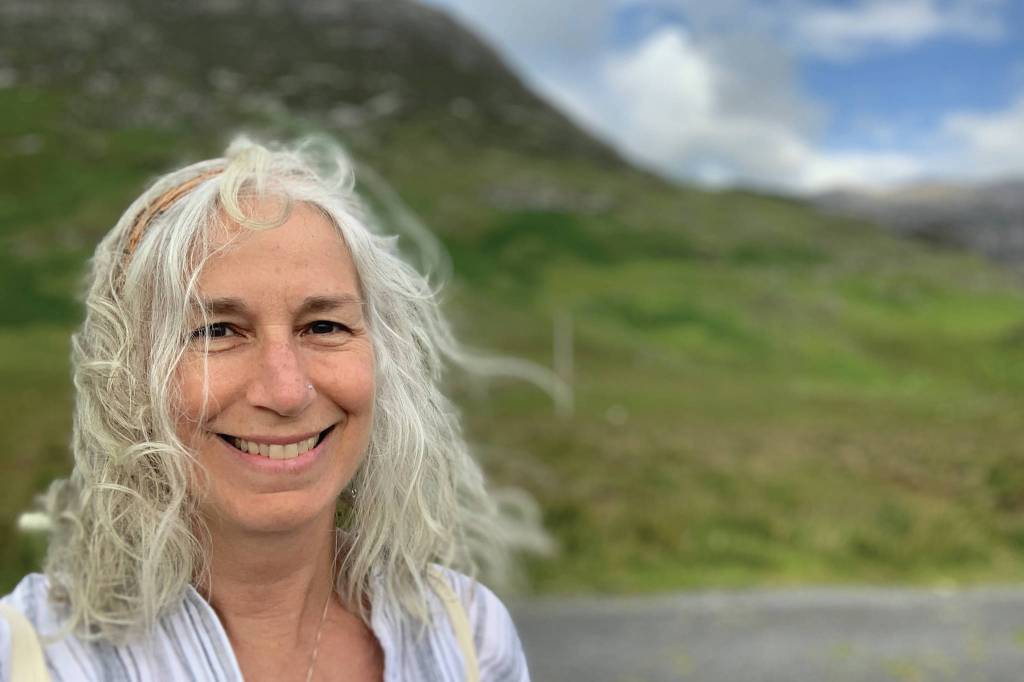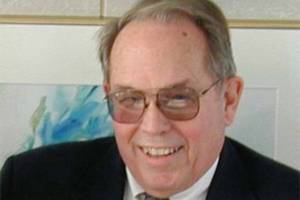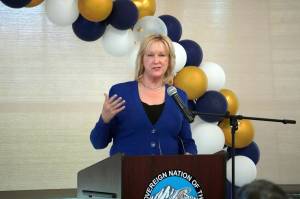Voices of the Peninsula: The Importance of Social Wellness
Published 1:30 am Thursday, February 27, 2020
Social wellness can be defined in many ways. MAPP (Mobilizing for Action through Planning and Partnerships) of the Southern Kenai Peninsula defines it as “a sense of connection, belonging, safety, and a reliable support system.” As one of the Eight Dimensions of Wellness MAPP has identified, social wellness plays a significant role in maintaining one’s health throughout the lifespan.
Healthy People 2020 (HP2020) is the U. S. government’s 10-year agenda using science-based objectives aimed to improve nationwide health. Launched in 2010, a new topic area for HP2020 was Health-Related Quality of Life and Well-Being. Within this topic was a focus on social well-being, defined as “providing and receiving quality support from family, friends, and others.”
There is a well-publicized concept, presented in a TED Talk by Johann Hari, declaring the opposite of addiction to be not sobriety, but connection. To take this a step further, it is seeing addiction as a social disorder, not a substance disorder.
Research is clear: the social dimension of wellness plays a significant role in many aspects of one’s health, at every age but perhaps even more significantly as one becomes older. There is some indication that being with other people encourages healthy behavior — eating better, working out and connecting with others, for example. It is also true that some social behaviors can be more destructive, such as smoking and drinking.
An example often cited as an example of the importance of social wellness is Portugal’s approach to their country’s addiction issue. In 2001, Portugal decriminalized their street drugs, reducing fear of incarceration and stigma, and put their money into helping people with substance use disorders make connections with society. They based their approach on the idea that “addiction is not about the pleasurable effects of substances, it’s about the user’s inability to connect in healthy ways with other human beings” (Dr. R. Weiss, 2015). With overdose deaths in Portugal dropping from the highest rate in the European Union to the second lowest (drugpolicy.org, 2018), it appears Portugal’s unprecedented strategy of connecting rather than isolating people with substance use disorders has been mostly effective.
A study published in the American Journal of Preventive Medicine (2014) examines challenges and priorities for prevention of suicide, specifically in older individuals. In this study, social disconnection is described as a primary driver of suicide among older adults.
Developing and sustaining healthy, interpersonal connections is not always easy. As we get older, connections we made through school, work, and/or families of our children’s friends can drop away as we retire and our children grow-up. In retirement, one has to seek out ways to make those connections, while facing new and more barriers to doing so, such as physical ability, transportation, and a limited, fixed income.
A meta-analysis published in July, 2010 in the peer-reviewed medical journal PLOS Medicine looked at evidence from 148 studies and concluded that positive social relationships result in a greatly reduced risk for mortality, on par with quitting smoking, and provides a 50% greater likelihood of living when compared to individuals whose social relationships were poor or insufficient.
Clearly, prevention strategies for improving community health need to include the social dimension of wellness, along with the seven other dimensions detailed by MAPP of the Southern Kenai Peninsula: economic, physical, emotional, spiritual, educational, environmental and cultural. In this way, we can support and maintain a healthy, thriving community for the future.
There are little steps you can take for yourself, but MAPP’s vision draws the circle wider than just one person. How do we, as a community, make sure that all people have the chance to build a sense of connection, belonging, safety, and a reliable support system for themselves? If you would like to learn more about how to build community, promote social connection, and grow in all of MAPP’s Eight Dimensions of Wellness, join us at the next MAPP Quarterly Meeting on Friday, March 6, at the Kachemak Bay Campus. Breakfast is served at 8:30 a.m. and, the “History & Hope” training starts at 9 a.m. More information is available online at www.mappofskp.net.
Bonita Banks a registered nurse and a health and wellness educator at South Peninsula Hospital, and a member of the Resilience Coalition Leadership Team.





